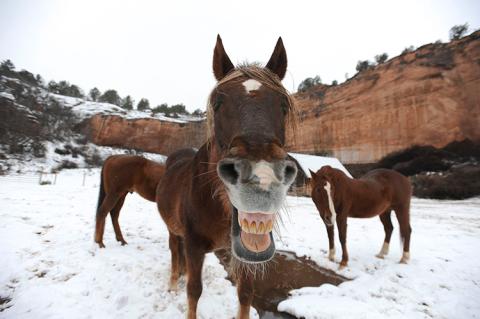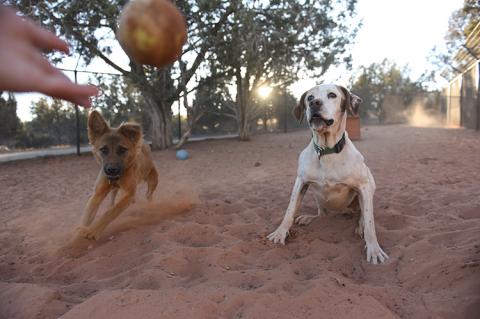Equine Dentistry: How to Take Care of Horses' Teeth

As part of overall horse care, it's important to be aware of equine dentistry — i.e., how to take care of horses' teeth.
Horses evolved to spend almost all day grazing — using their teeth to chew up hay, grass, or other food as the first step in the digestive process. In fact, horses have adapted to long hours of grazing in some unique ways. They have what’s called hypsodont teeth, which are teeth that continuously erupt at around 3 to 4 millimeters per year to compensate for the continuous grinding of food.

